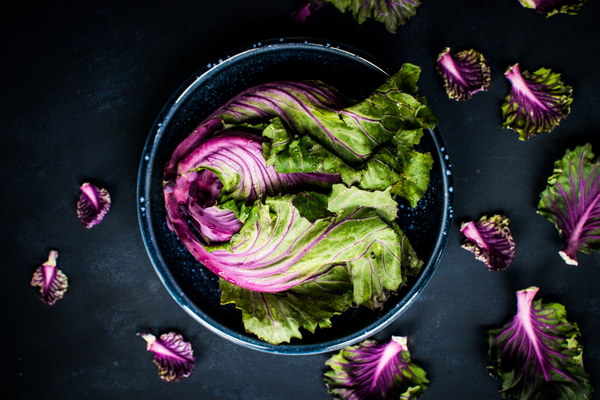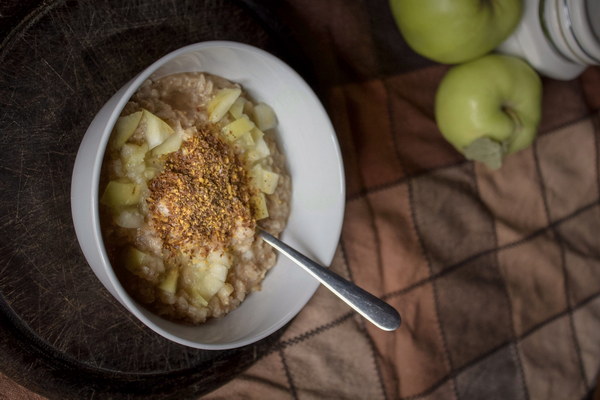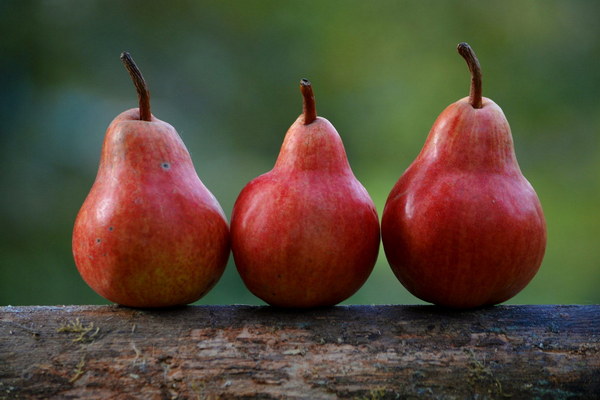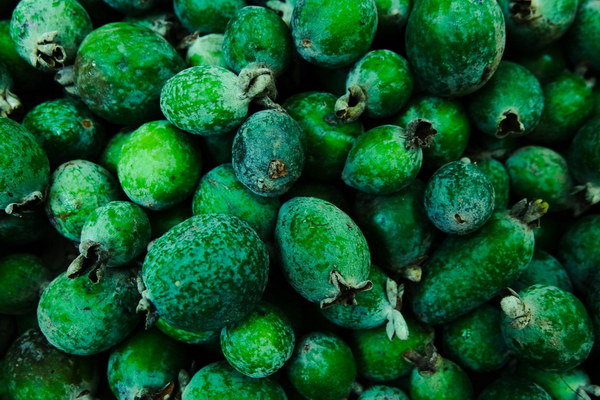Natural Relief How Herbal Teas Can Quickly Banish Dampness and Rejuvenate Your Well-being
In the pursuit of a healthy and balanced life, many turn to natural remedies for various ailments, and one of the most common concerns in traditional Chinese medicine is the elimination of dampness. Dampness is believed to be the root of many health issues, including fatigue, weight gain, and even some skin conditions. Enter the world of herbal teas, a time-honored practice that promises quick relief from dampness. Here’s how you can harness the power of nature to rejuvenate your body and mind.
Understanding Dampness
In traditional Chinese medicine, dampness is considered an imbalance of the body’s fluids, which can lead to various discomforts. It is often attributed to environmental factors such as living in a damp climate, consuming cold or damp foods, or even excessive emotional stress. Symptoms of dampness can include:
- Persistent fatigue
- Weight gain, especially around the abdomen
- Lack of appetite
- Mucus production
- Joint and muscle aches
- Sluggish digestion
The Power of Herbal Teas
Herbal teas are a staple in traditional Chinese medicine, offering a gentle and effective way to address internal imbalances. By incorporating certain herbs into your daily routine, you can help to eliminate dampness and restore your body’s natural balance. Here are some popular herbs that are commonly used in dampness-relieving teas:
1. Poria (Fu Ling)
Poria is a key ingredient in many dampness-banishing teas. It is believed to help drain dampness from the body, improve digestion, and boost the immune system.
2. Astragalus (Huang Qi)
Astragalus is known for its immune-boosting properties and its ability to strengthen the body against external pathogens that may contribute to dampness.
3. Codonopsis (Dang Shen)
Codonopsis is used to support the spleen and lung functions, which are essential in the body's effort to regulate fluids and eliminate dampness.
4. Licorice Root (Gan Cao)
Licorice root is often included in herbal formulas to harmonize the other ingredients and to help alleviate any potential side effects from the other herbs.
Preparing Your Dampness-Relieving Tea

To prepare a dampness-relieving herbal tea, follow these simple steps:
1. Gather the Herbs: Purchase high-quality dried herbs from a reputable source. Ensure that the herbs are organic or pesticide-free.
2. Measure the Ingredients: Use the appropriate amount of each herb based on the recipe or your healthcare provider’s guidance.
3. Boil Water: Use fresh, filtered water and bring it to a boil.
4. Infuse the Herbs: Place the measured herbs in a tea pot or a large mug. Pour the boiling water over the herbs and let them steep for about 10-15 minutes.
5. Strain and Sip: After steeping, strain out the herbs and enjoy the tea warm. You can add honey or lemon to enhance the flavor if desired.
6. Consistency is Key: For best results, drink this tea regularly, ideally in the morning and at night before bedtime.
Conclusion
Herbal teas are a natural and effective way to combat dampness and its associated symptoms. By incorporating these teas into your daily routine, you can promote overall well-being and enjoy the rejuvenating benefits of traditional Chinese medicine. Always consult with a healthcare professional before starting any new treatment, especially if you have pre-existing health conditions or are pregnant. With a little patience and the right blend of herbs, you can say goodbye to dampness and hello to a healthier, more vibrant you.









